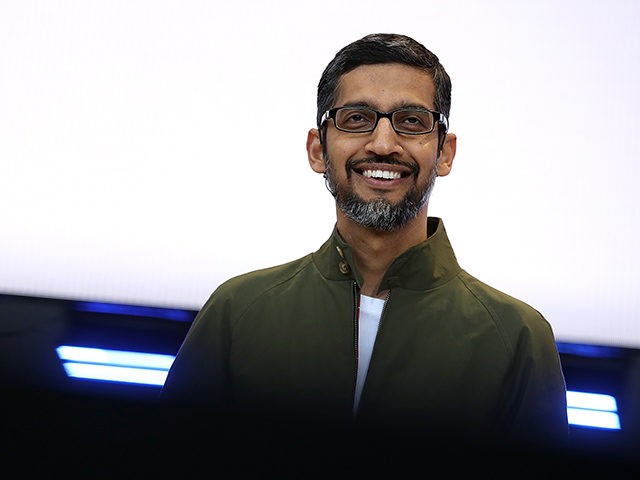Google announced on Thursday that it has agreed to pay publishers around $1 billion for news content in the coming years. The tech giant’s move arrives in the wake of complaints that have been made for years by news outlets. CEO Sundar Pichai claims that Google has a “long-term commitment” to the media industry.
“This financial commitment — our biggest to date — will pay publishers to create and curate high-quality content for a different kind of online news experience,” said Google Chief Executive Sundar Pichai in a blog post on Thursday.
Google added that a new format, called the News Showcase, will allow publishers to decide what content will be displayed on its platform.
“News Showcase is made up of story panels that will appear initially in Google News on Android,” said Pichai. “The product will launch soon on Google News on iOS, and will come to Google Discover and Search in the future.”
“These panels give participating publishers the ability to package the stories that appear within Google’s news products, providing deeper storytelling and more context through features like timelines, bullets and related articles,” he added. “Other components like video, audio and daily briefings will come next.”
Google’s Thursday announcement comes after receiving pressure from publishers to pay for content that the tech giant shares with its users. Facebook has also been facing calls to pay for content.
“I have always valued quality journalism and believed that a vibrant news industry is critical to a functioning democratic society,” said Pichai in his blog post.
Pichai added that Google’s “long-term commitment” involves extending its payments beyond the initial three years, and focusing on “contributing to the overall sustainability of our news partners around the world.”
“The business model for newspapers — based on ads and subscription revenue — has been evolving for more than a century as audiences have turned to other sources for news, including radio, television and later, the proliferation of cable television and satellite radio,” said Pichai.
“The internet has been the latest shift, and it certainly won’t be the last,” he added. “Alongside other companies, governments and civic societies, we want to play our part by helping journalism in the 21st century.”
You can follow Alana Mastrangelo on Twitter at @ARmastrangelo, on Parler at @alana, and on Instagram.

COMMENTS
Please let us know if you're having issues with commenting.